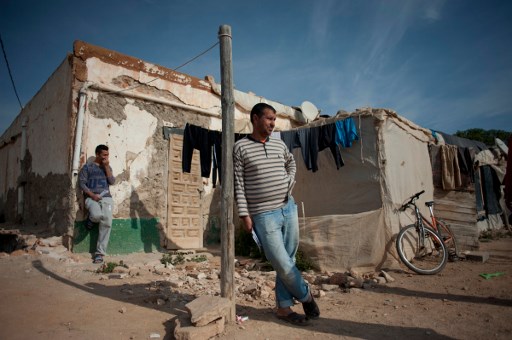While all almost all of the wealthiest towns located in Madrid, Barcelona and the Basque Country, at the other end of the scale, the poorest towns can be found along the coast from Andalusia to Alicante.
The data comes from the National Statistics Office (INE) records from 2016 on municipalities with a population of at least 20,000 people and reveals the average salary per capita.
The data is based on tax returns for 2016 divided over the entire community officially registered as residents on the padron – including children, students, the elderly and unemployed.
Madrid province overwhelmingly dominates the wealthiest zones with 11 municipalities – including the city of Madrid itself – appearing in the top 20. The other towns are all suburbs in the north and northwest of the city.
Barcelona province has three municipalities in the top twenty – Barcelona city, Sant Cugat del Vallés, a suburb to the northeast and the coastal resort of Sitges.
The Basque Country has five in the top twenty; Getxo, San Sebastian, Mondragon, Zarautz and Vitoria-Gasteiz while Galicia has one; Oleiros, a commuter town outside A Coruña.
The interactive map below shows the location of the 20 richest towns in blue and 20 poorest towns in red.
Meanwhile Níjar in Almeria province takes the title of poorest town (above 20,000 population) in the whole of Spain with an average annual salary of €6,253 per head of the population.
But it is joined in the bottom 20 by 13 other towns in Andalusia; three others in Almeria province, two each in Huelva, Seville and Malaga, a further three in Cadiz and one in Granada.
The Canary Islands have two towns among Spain’s poorest; Arona on Tenerife and and La Oliva on the island of Las Palmas.
Four towns in Alicante are included among the poorest; Almoradi, Mazarrón, Torrevieja and Calpe. The latter two are popular with retired Brits whose presence there certainly brings down the average income.





 Please whitelist us to continue reading.
Please whitelist us to continue reading.
Member comments